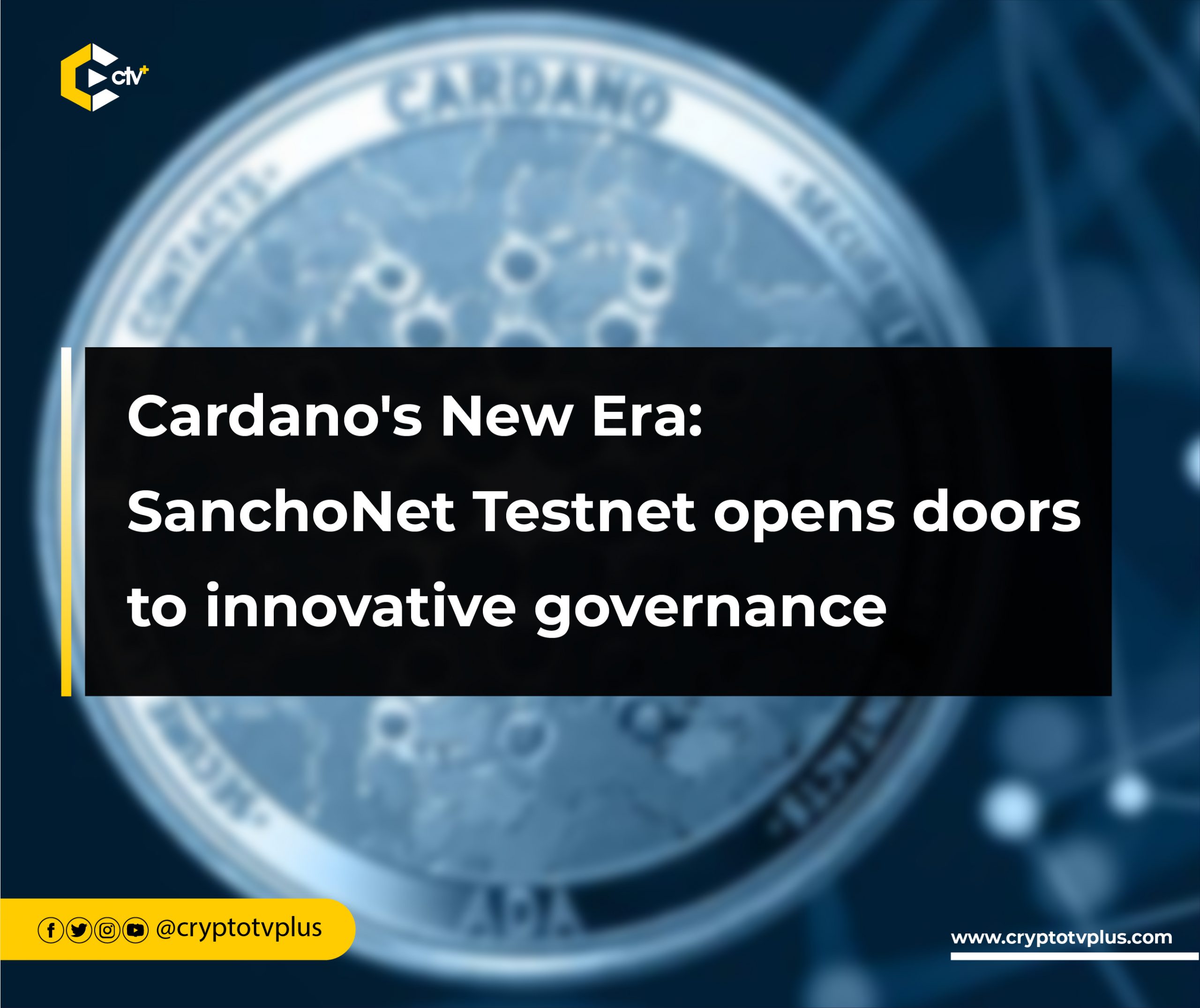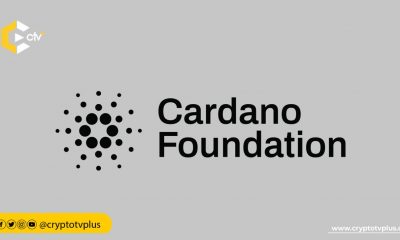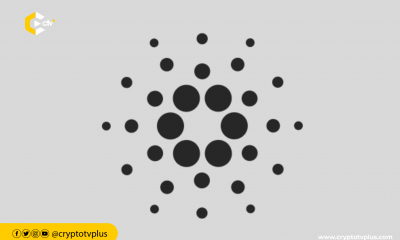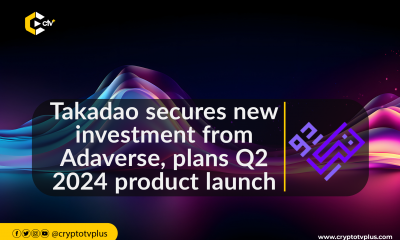News
Cardano’s New Era: SanchoNet Testnet opens doors to innovative governance

Cardano has launched its Sancho Net testnet for the community. The announcement came from its founder, Charles Hoskinson, who shared it on his social media handle.
The website for the CIP-1694 test net is now live https://t.co/3RGMCqqQAF happy testing SanchoNet fans
— Charles Hoskinson (@IOHK_Charles) August 17, 2023
The Cardano Improvement Proposal (CIP), CIP-1694, includes some specifications and organizational notes related to topics around on-chain governance for the Cardano ecosystem. CIP-1694 is a substantial overhaul of Cardano’s on-chain governance infrastructure that will allow Cardano ADA holders to submit governance actions or votes on-chain.
This update also proposes the introduction of constituencies and representatives to ratify governance actions submitted by users. The implementation of CIP-1694 will be crucial to Cardano’s decentralization, as well as addressing the SEC’s concerns about the protocol’s ownership.
Cardano is a blockchain platform that aims to provide a more secure, scalable, and sustainable infrastructure for the development of decentralized applications and smart contracts. Created by a team of academics and engineers, including Charles Hoskinson, one of the co-founders of Ethereum, Cardano seeks to address key challenges faced by existing blockchain networks.
Cardano sets itself apart through its scientific and research-driven approach, focusing on three key principles: scalability, interoperability, and sustainability. It uses a layered architecture that separates the settlement layer (for transactions) from the computation layer (for smart contracts), which enhances flexibility and scalability.
On the official website, SanchoNet points out that the project is about introducing the Cardano community to the governance features of CIP-1694 in a controlled testnet environment.
The SanchoNet project consists of Test-ADA Holders, Stake Pool Operators (SPOs), and Delegate Representatives (DReps). The first group can actively create and submit governance actions, providing valuable insights to ensure the governance system maintains top-tier security and efficiency.
SPOs diligently and with integrity manage the testnet network. They also have the opportunity to influence future voting outcomes on relevant actions, making their feedback invaluable.
DReps act as the voice of the broader community. Their primary role involves participating in voting on governance actions. DReps consider the collective interests of the community as they engage in these pivotal decisions.
SanchoNet will undergo six different development phases, with one phase completed and five more remaining.
Read also; Opensea suspends the enforcement of creator fees
























